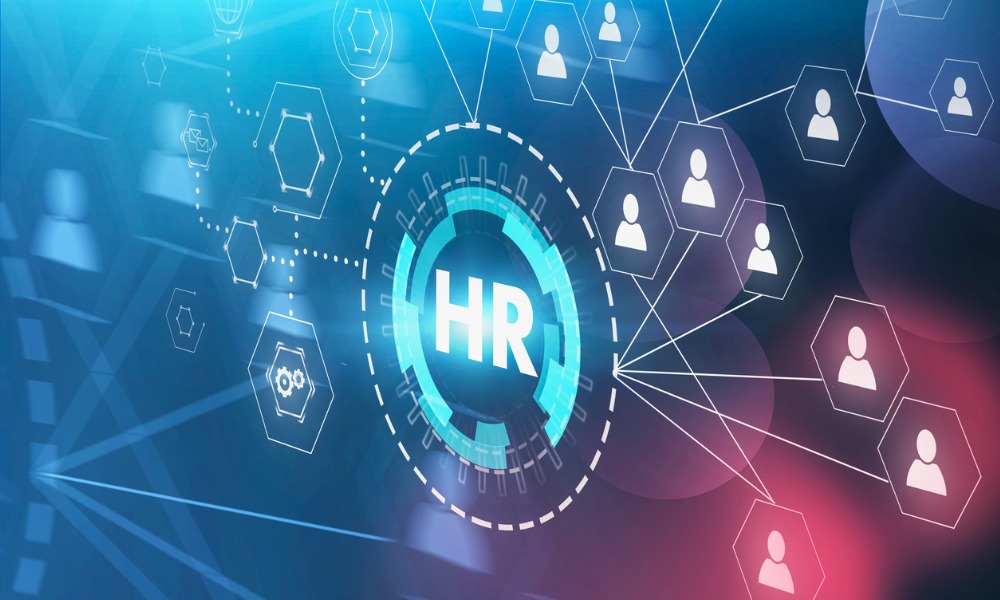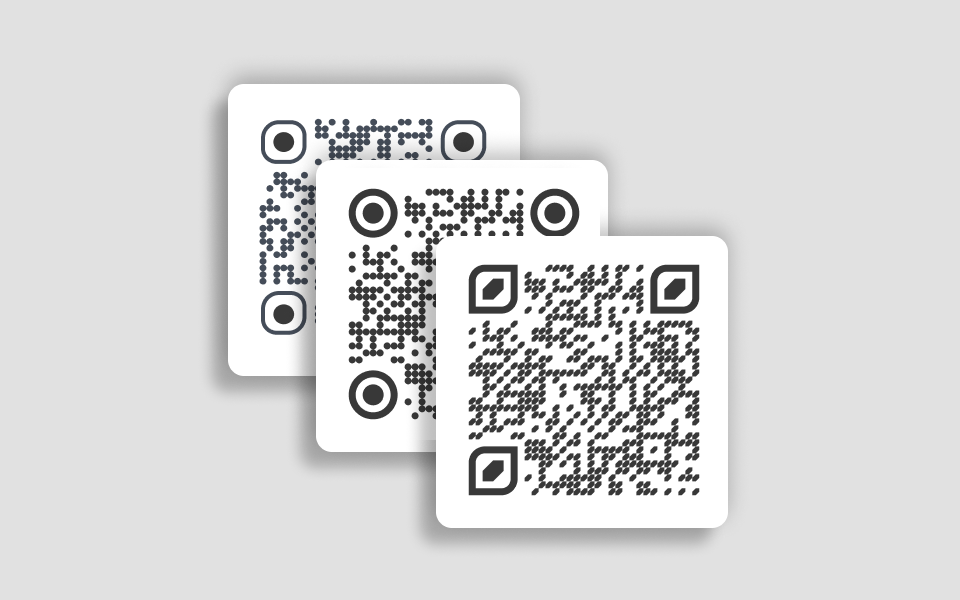Human resource information systems (HRISs) are databases that companies and other organisations may use to collect, organise, and maintain crucial data on all of their employees. Salary, holiday time, and other employment-related facts are included in these records.
The Human Resources Information System (HRIS) Analyst is the person in charge of keeping the system up to date and running well. They are a component of the IT department but are employed by HR. The duties of a human resource information systems (HRIS) professional include keeping the system running smoothly, suggesting and enacting updates and improvements, monitoring data quality, and creating logical reports based on HRIS information.
As a result, the HRIS professional is the go-to IT guy for questions about the present setup at work.
Responsibility and Duty Assignment
But, in most cases, they work together to accomplish basic goals like ensuring the Human Resources Information Systems are always current and functioning properly. Analysts pay close attention to the efficacy of HRIS as a whole and look into the best approaches to suggest improvements where they are needed.
An HRIS analyst will have the best chance of success if they take the time to carefully define the company’s financial, HR, and other business objectives. After translating these objectives into detailed technical requirements, they oversee the software implementation initiatives.
They are also the go-to person for any HRIS-related technical issues in addition to their other duties. They aid manufacturing in useful ways, which typically means looking into problems and coming up with answers.
The kinds of responsibilities that crop up every day:
- Provide input towards the development of our HR data model.
- Individuals responsible for incorporating new technologies into our existing IT infrastructure
- Doing analysis of business needs and end-user wants, and then transforming that data into technological requirements
- By using in-built reporting tools and running relevant SQL queries
- Integrations and interfaces across HR IT systems were planned and developed with the focus on personnel data.
Data management planning that takes into account data models, data governance, and data quality will also be on your plate.
Upholding the Health of the HR Information System
As an HRIS Analyst, you contribute extensive knowledge of the design and implementation of data integrations. Furthermore, you have a firm grasp of standard HR practises and are adept at managing HR data models.
In addition, individuals that have experience in data administration and the implementation of ETL systems are highly sought for.
Study and Work
Having a bachelor’s or master’s degree in a field related to IT or CS is a common qualification for HRIS Analyst positions. If you’re applying for a job that requires IT expertise, include project management or related experience on your resume might be a significant plus.








